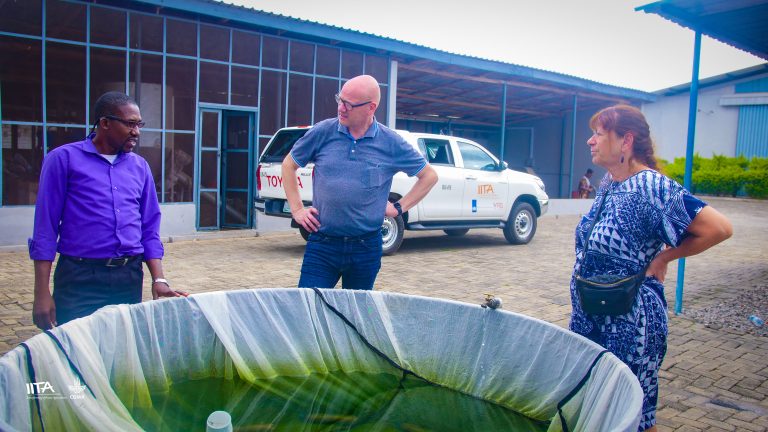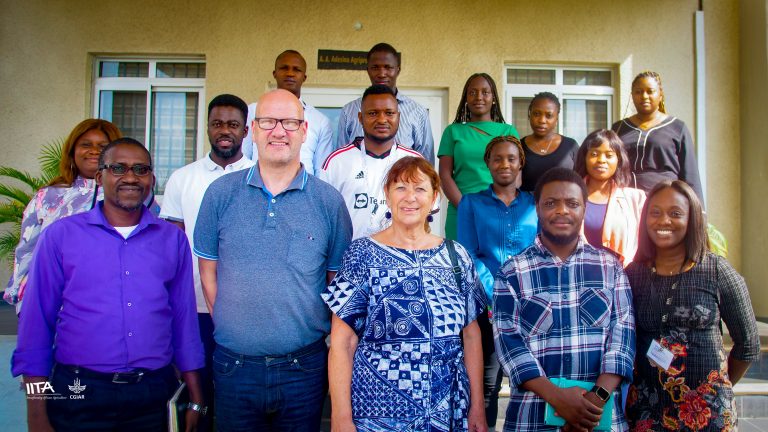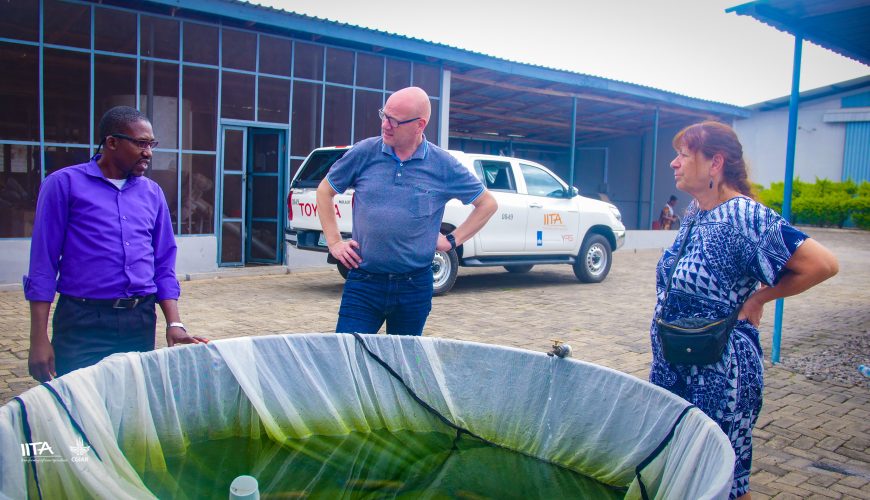The Sector Counsellor of Food and Agriculture at the Royal Danish Consulate General in Lagos, Nigeria, Sanne Chipeta, and a Danish investor in Nigeria, Snorri Sigurdsson, stated that access to land, education, and finance is crucial in getting young people to embrace agriculture and succeed in their ventures.
Speaking recently, when they visited the IITA Youth in Agribusiness (IYA) Office at the institute’s headquarters in Ibadan, Oyo State, the team noted that Nigeria could leverage its vast human and natural resources for improved agricultural productivity.
In her remarks, Chipeta stressed that as efforts were being made to encourage more youths to embrace agriculture, literacy issues and access to land should be institutionalized for efficiency and sustainability.
“We are always talking about this issue of needing young people in agriculture because we need to change the notion, and we have this huge young generation that needs employment, food, etc. There is also the narrative of young people being lazy, which begs the question, who are those to work in the field?” she asked.
“How do we address the issue of them not having the right to land? And if they don’t have access to land, they don’t even have access to finance. We also have a generation in Nigeria of young people who are not literate. Education needs to be institutionalized, not just projects here and there,” she buttressed.
Sigurdsson, a dairy farm management specialist and Senior Project Manager at Arla Global Dairy Products Limited, stressed that young people should be incentivized to embrace farming since agriculture competes with other sectors like Information Technology.
He added, “In Denmark, a job in agriculture competes with jobs in high-level companies. All farmers in Denmark are educated. Therefore, to get a young person with a sound educational level to work on the farm, you must match good companies’ salaries. Young farmers should not only survive, they should also have thriving businesses.”
Sigurdsson also called on farmers in Nigeria to take a cue from Sweden, where thousands of farmers form cooperatives to work together and stabilize prices. “If they work together, they set prices because they are in control. It’s extremely important to get it into people’s minds that it’s okay to work together; that’s when you are in charge. The cooperative system works,” he added.
The team expressed their readiness to collaborate with the Youth in Agribusiness Office. “I have been positively surprised after I visited IITA to know what is being done,” Sigurdsson added.



Contributed by Babatunde Ajaja

